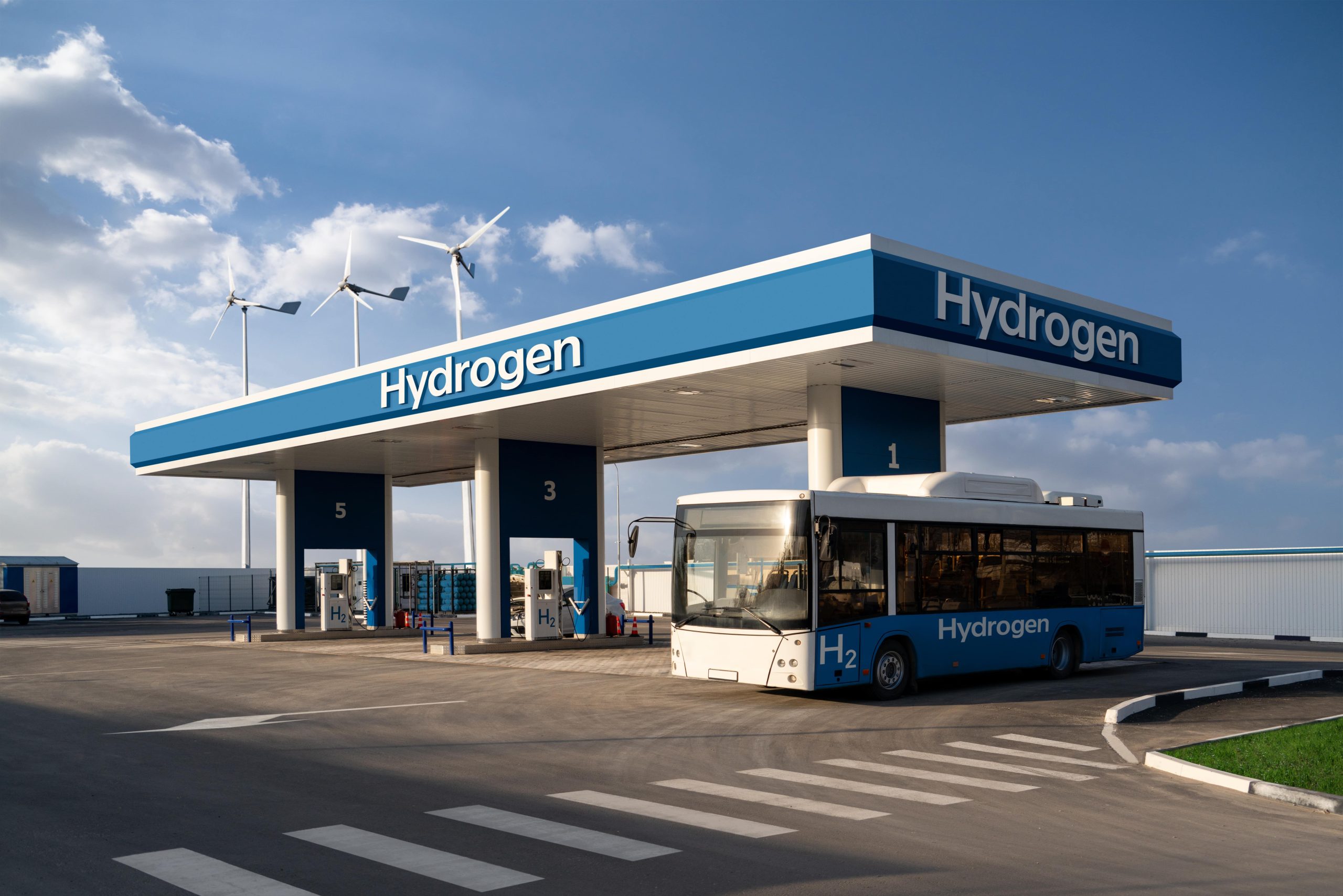Five More Hydrogen Refuelling Stations to be Built in Poland

Polsat Plus Group has received European funding for a hydrogen project to build five refuelling stations in Poland.
Polsat Plus Group‘s companies PAK-PCE Biopaliwa i Wodór and PAK-PCE Stacje H2 have signed a grant agreement with The European Climate, Infrastructure and Environment Executive Agency (CINEA) for a hydrogen project.
What does this mean?
It includes the construction of five publicly accessible hydrogen refuelling stations located along the roads of the Trans-European Transport Network (TEN-T network) and green hydrogen production facilities with a total capacity of 5 MW. The subsidy amounts to about PLN 64 million and was awarded under the CEF Transport – Alternative Fuels Infrastructure Facility program.
New publicly accessible NESO hydrogen refuelling stations will enable the refuelling of hydrogen buses, cars and trucks. The network of NESO hydrogen refuelling stations is growing steadily. Stations already in operation are located in Warsaw, Gdansk and Rybnik.
Soon more will be launched in Gdynia, Wroclaw and Lublin. Polsat Plus Group and ZE PAK are making these first investments with the support of the National Fund for Environmental Protection and Water Management.
Investments in successive hydrogen refuelling stations will facilitate the refuelling of green vehicles and improve air quality. Green hydrogen is a clean and zero-emission fuel. Cars and buses on hydrogen emit only “distilled” water vapour from the tailpipe.
They do not emit exhaust fumes or toxic substances and further clean the air. In addition to CO2, these are primarily nitrogen oxides or particulate matter, excellent PM 2.5.
Polsat Plus Group is consistently pursuing a strategy to build zero- and low-carbon sources of electricity generation and a full hydrogen economy value chain. Green energy is successfully produced from the sun and wind, among other sources.
It will also be used for the production of green hydrogen. Constructing a hydrogen refuelling station is another link in the hydrogen chain, which aims to spread the fuel to institutional and individual customers. Those include municipal public transport companies.
The funding was provided under the CEF Transport – Alternative Fuel Infrastructure Facility program. It aims to support the development of alternative fuel supply infrastructure, contributing to the decarbonisation of transportation along the TEN-T trans-European transport network.
Among the most modern hydrogen refuelling stations
The network of hydrogen refuelling stations of Polsat Plus Group and ZE PAK is being built under the NESO brand. The name comes from the first letters of “I don’t emit fumes, I purify.” NESO stations are currently among the most modern hydrogen refuelling stations in Europe.
The stations are largely self-sufficient in energy. Installed 19 kW solar panels power the stations, and 60 kWh energy storage facilities can store excess energy.
The NESO station is fully self-service. A passenger car is refueled with hydrogen for about 3-4 minutes providing a range of about 650 km.
A bus takes several minutes to refuel, and the range is about 450 km. Using a NESO station is similar to what we know from traditional stations. To refuel, one removes the “gun” from the dispenser, inserts it into the car or bus, presses a button, and fills the tank.
Polsat Plus Group and the ZE PAK Group produce NesoBus hydrogen buses at their factory in Świdnik. They are implementing a project to build an electrolyser plant to produce hydrogen using alkaline and PEM-type electrolysers.
Ultra-ecological and extremely modern NesoBus buses are already running in Rybnik and Gdansk, an order for 26 vehicles for Chelm is in progress. Residents of many other cities have been able to use them on a test basis.

